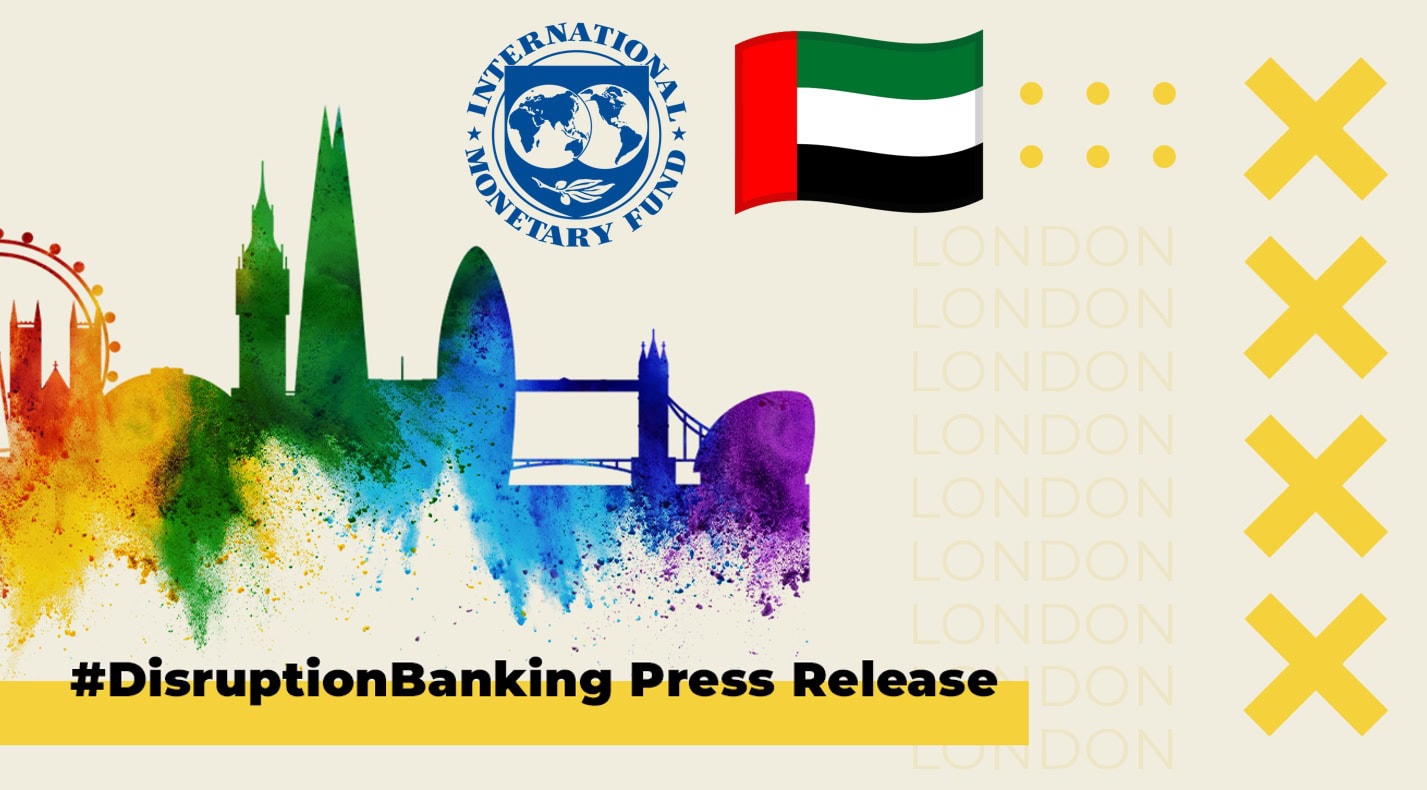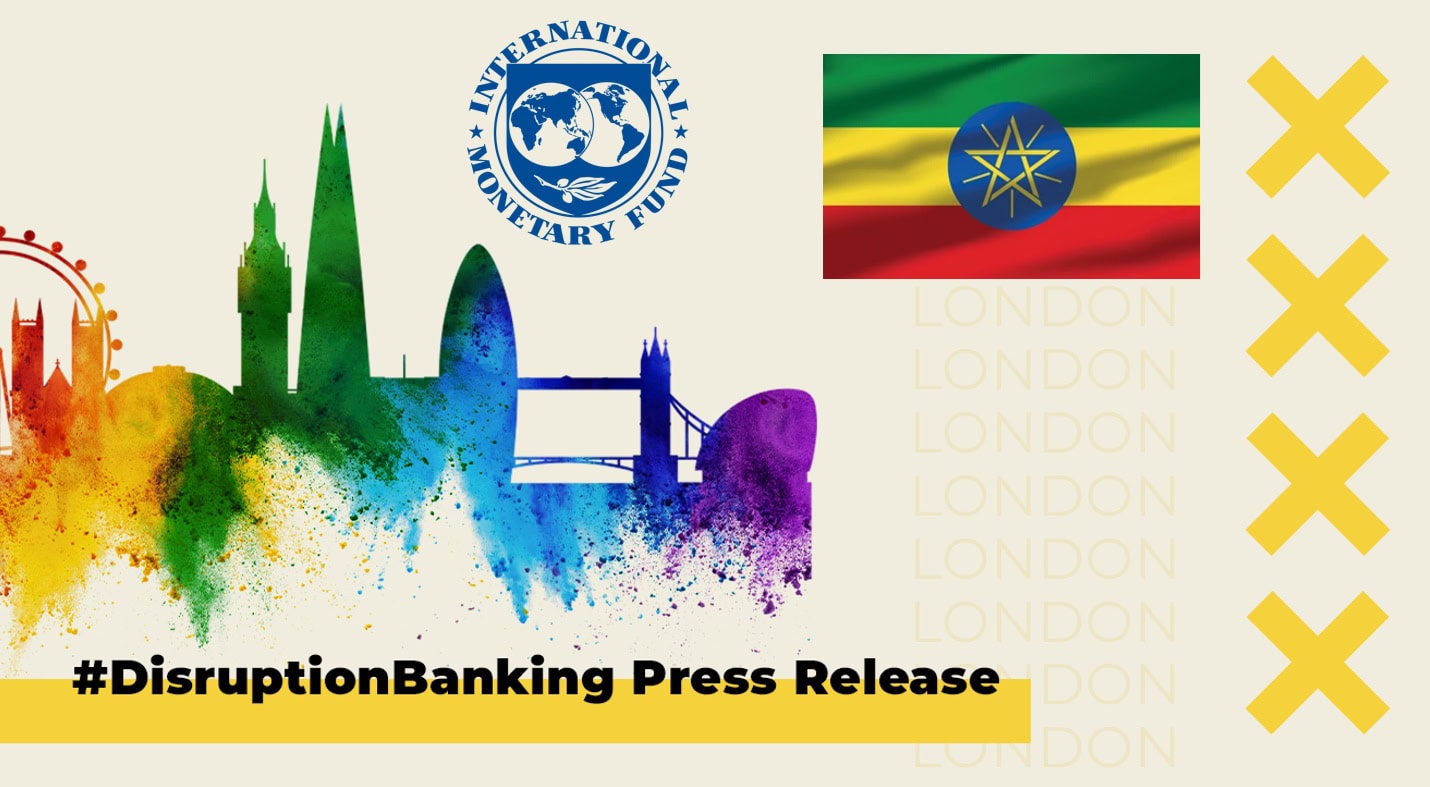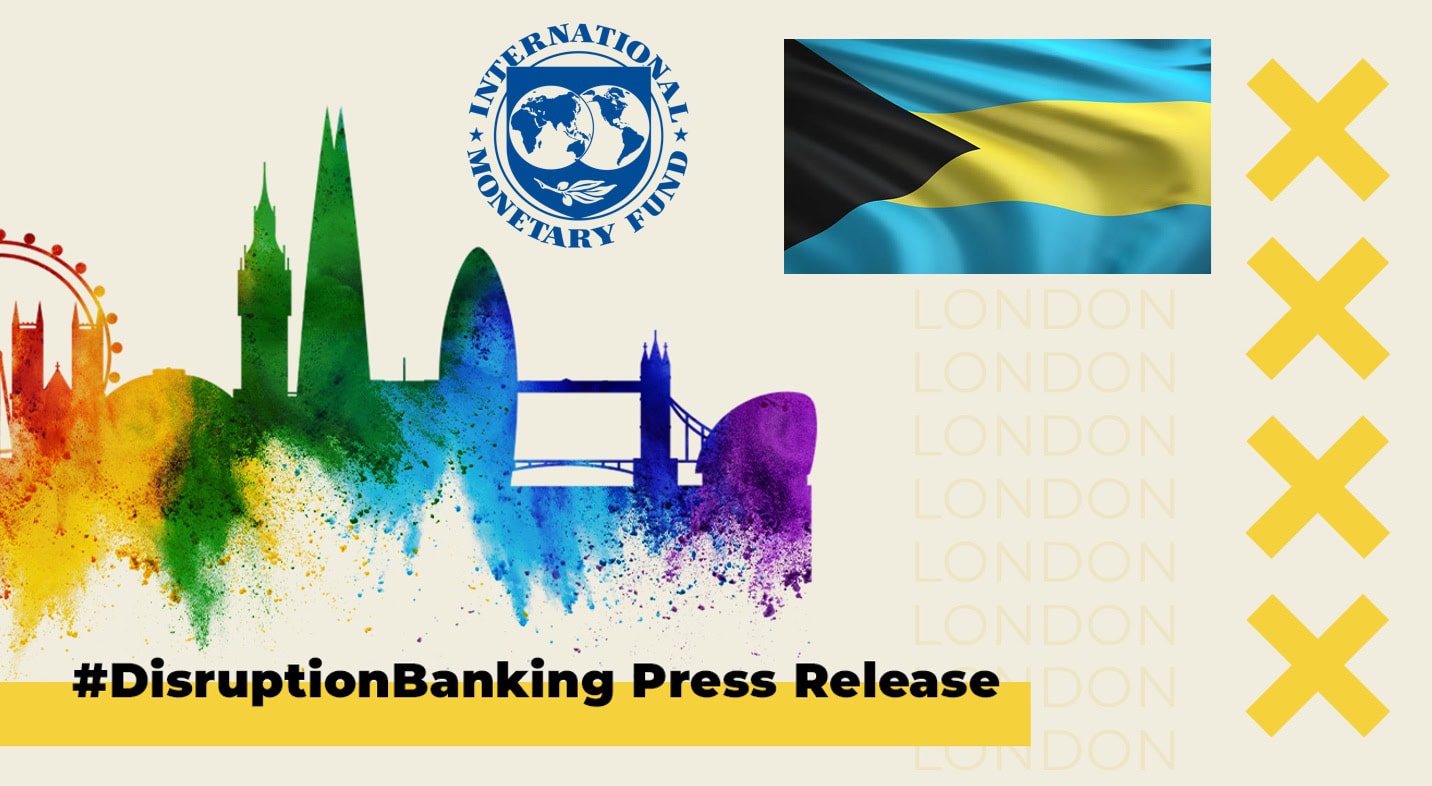- The UAE has shown strong resilience to global uncertainty, regional tensions, and oil price fluctuations, with growth in 2025 projected to outpace regional and global averages. Non-oil sectors, including tourism and real estate, continue to expand.
- Fiscal and external surpluses are expected to remain comfortable, providing ample buffers that can be deployed to respond to adverse shocks.
- Financial sector remains strong and sound. Continued close monitoring of risks including external shocks, real estate price developments, and cybersecurity is needed to allow for early action and safeguard stability.
Abu Dhabi, UAE – October 2, 2025: A staff team from the International Monetary Fund (IMF), led by Mr. Said Bakhache visited the United Arab Emirates and held discussions with the UAE authorities for the 2025 Article IV Consultation from September 17 – October 1, 2025. At the conclusion of the mission, Mr. Bakhache issued the following statement:
“The UAE has shown strong resilience to global uncertainty, regional conflicts, and oil market volatility. Supported by sustained diversification and expanding exports, the UAE is projected to grow strongly, well above the global average in 2025. Following an estimated 4.0 percent growth in 2024, GDP is projected to expand by 4.8 percent in 2025, driven by robust non-hydrocarbon growth and a rebound in hydrocarbon output as OPEC+ production increases, accelerating further to 5.0 percent in 2026. Expansion in tourism, construction, and financial services continues to underpin growth, supported by major infrastructure projects. Inflation is projected at 1.6 percent in 2025 and around 2 percent over the medium term. Housing costs are expected to be the main source of price pressures, raising potential affordability concerns, while tradables remain subdued. Risks to the outlook are broadly balanced, underpinned by strong sovereign buffers and diversification efforts.
“The UAE is expected to remain resilient to global policy uncertainty. Ongoing efforts to expand Comprehensive Economic Partnership Agreements will further bolster resilience and support diversification, while financial markets and capital flows continue to demonstrate resilience to global shocks, reflecting strong investor confidence. The current account balance strengthened further in 2024, driven by higher goods and services exports, especially non-hydrocarbon exports, and slower growth in imports.
“The UAE’s fiscal stance remains prudent. Fiscal policy is anchored in medium-term diversification and developmental objectives, with ample sovereign buffers to cushion against adverse shocks. The non-hydrocarbon primary deficit is expected to gradually improve over the medium term, supported by the implementation of the corporate income tax and other indirect tax reforms. While the emirates set their fiscal policies independently, their economic cycles are closely correlated due to strong interlinkages and exposure to common shocks. A wider scope for fiscal policy coordination between the federal and local governments would enhance consistency and lead to more effective policy making.
“The UAE’s financial sector remains strong and sound, supported by strong capital and liquidity buffers, improved asset quality, and conservative macroprudential policies. Banks remain profitable, with capital and liquidity ratios well above regulatory minimums and declining non-performing loan ratios. Credit to the private sector continues to grow, while double-digit deposit growth has strengthened funding and lowered the loan-to-deposit ratio. Conservative loan-to-value and debt-burden ratios, together with the introduction of a countercyclical capital buffer, are helping mitigate risks and reduce vulnerabilities, while the new Financial Stability Council provides a valuable forum for national risk analysis.
“Enhancements to the Dirham Monetary Framework, with the introduction of new liquidity management facilities, upgraded forecasting and market monitoring techniques are welcome and are helping improve liquidity management and reduce the spread between the DONIA and the Base Rate to further strengthen monetary policy transmission. The UAE’s financial sector’s modernization is advancing steadily, with progress in the rollout of the Digital Dirham and the development of proactive new stablecoin regulations. Modernization efforts should continue to include a careful assessment of risks, while promoting local capital market developments.
“Real estate activity remains buoyant, supported by external demand, strong non-hydrocarbon and population growth, structural reforms, and the UAE’s safe and favorable investment destination status. Banks’ exposure to the sector has gradually declined to about 18 percent of risk-weighted assets, while most transactions are self-financed, limiting systemic risks. Strengthened macroprudential policies have also helped contain speculative activity. Nonetheless, continued vigilance is warranted, as the sector could be affected by a reversal of capital flows and changes in investor sentiment. Potential risks from real estate tokenization and its broader macroeconomic implications should also be carefully assessed.
“The UAE’s growing role as a global hub for virtual assets should be supported by continued strong coordination among regulators to monitor risks and developments. Ongoing efforts to continue alignment with international regulatory standards and strengthen supervisory capacity are welcome and will be critical to safeguarding financial stability while promoting responsible innovation. We welcome the major efforts under the National AML/CFT Strategy and Action plan that resulted in the recent removal of the UAE from enhanced monitoring under the Financial Action Task Force and encourage continued progress.
“The government’s reform agenda continues to strengthen diversification and medium-term growth through investments in technology, infrastructure, and services, supported by modernization of public services and the business environment. Climate adaptation, water management, and food security should also remain long-term policy priorities. The UAE’s rapid emergence as a global AI hub offers significant opportunities. In this regard, staff welcomes continued efforts, including by the federal Cybersecurity Authority, to address associated challenges.
“Staff welcomes the authorities’ strong efforts and significant progress on improving the compilation of BOP data and the GDP data, alongside continued improvements in the timeliness of fiscal data. Further enhancing data coverage and coordination would strengthen transparency and policy analysis.
“The IMF team would like to express its appreciation to the authorities and other stakeholders for the open and fruitful discussions.”
Download broadcast quality video from IMF Media Center
End-of-Mission press releases include statements of IMF staff teams that convey preliminary findings after a visit to a country. The views expressed in this statement are those of the IMF staff and do not necessarily represent the views of the IMF’s Executive Board. Based on the preliminary findings of this mission, staff will prepare a report that, subject to management approval, will be presented to the IMF’s Executive Board for discussion and decision.














